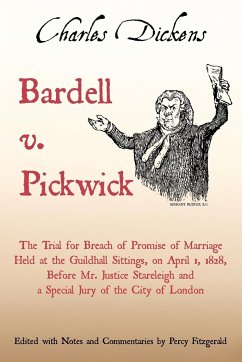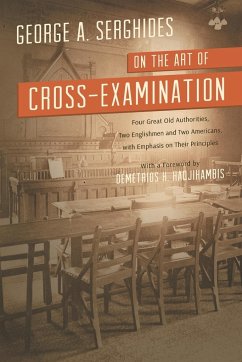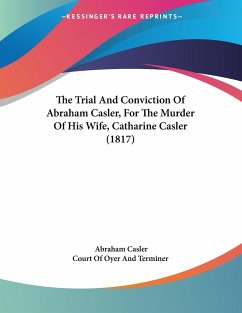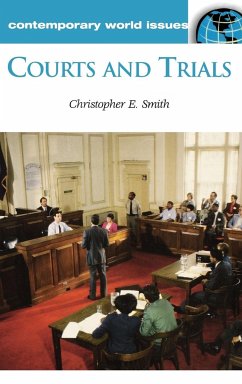
Bardell v. Pickwick
Versandkostenfrei!
Versandfertig in 1-2 Wochen
14,99 €
inkl. MwSt.
Weitere Ausgaben:

PAYBACK Punkte
7 °P sammeln!
The most famous fictional trial in English literature Bardell v. Pickwick is an episode that occurs in chapter 33 of The Pickwick Papers (1836-1837) by Charles Dickens [1812-1870]. Here the hero becomes the defendant in a breach of promise of marriage suit. Mr. Justice Gaselee and Serjeants Snubbin and Buzfuz are among the characters introduced here. One of the most popular episodes in this widely-loved novel, it was often dramatized or read aloud as a parlor entertainment. Those interested in law will find the text of this trial highly enjoyable, and the notes and commentaries by Percy Fitzge...
The most famous fictional trial in English literature Bardell v. Pickwick is an episode that occurs in chapter 33 of The Pickwick Papers (1836-1837) by Charles Dickens [1812-1870]. Here the hero becomes the defendant in a breach of promise of marriage suit. Mr. Justice Gaselee and Serjeants Snubbin and Buzfuz are among the characters introduced here. One of the most popular episodes in this widely-loved novel, it was often dramatized or read aloud as a parlor entertainment. Those interested in law will find the text of this trial highly enjoyable, and the notes and commentaries by Percy Fitzgerald interesting and informative.














